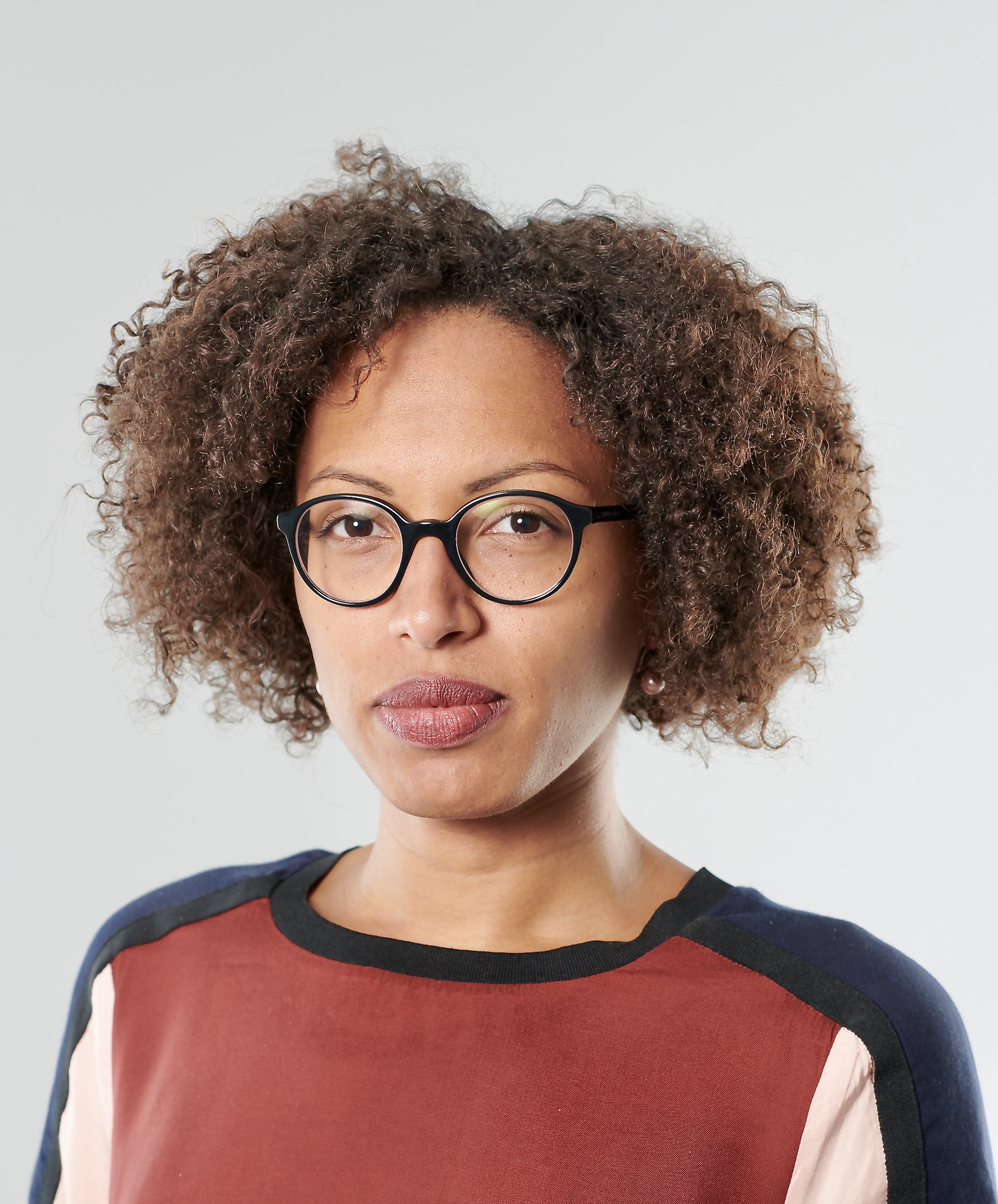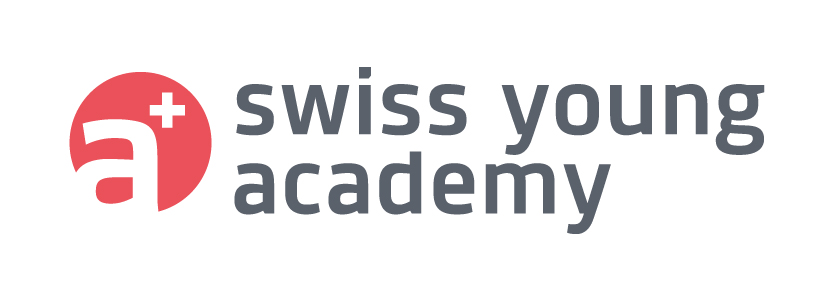Networking science.
Estefania Cuero networks people and disciplines

When Estefania Cuero talks about her life, it takes one’s breath away: she was born in Ecuador, grew up in Germany, moved back to Ecuador as a teenager, lived in Spain, then again in Germany, where she completed her bilingual Abitur (in German and Spanish) near Cologne with top marks. Geneva, London and Berlin were further ports of call. But these geographical details don’t yet tell us much about what makes Cuero what she is.“Commitment is my duty as a citizen”, said the 30-year-old. The 14-year-old girl who moved to Ecuador to live with her grandmother because she wanted to know what life and school there felt like, would probably not have used the same words. But the schoolgirl already had an idea of what she was only to articulate so clearly years later: her will to work for society. She was a school spokesperson, got involved as a student in various non-governmental organizations, organized intercultural events and, as it were in passing, stood out with her academic achievements. After graduating from high school, she completed two semesters in corporate communication and marketing. “But something was missing for me,” she said. “I wanted to do something that would help me to get involved in society”.
After such a statement, one would expect someone to enrol in law, or perhaps sociology or medicine. But Cuero opted for Spanish and English language and literature. “I realized very soon how literature can work for political justice,” she said. Her professor at the Free University of Berlin, Prof. Dr. Susanne Zepp, who is an advocate of German-Jewish relations, inter alia, contributed to this insight. Then there was the fact that Spanish and Latin American literature is full of characters who stand up for an open-minded society. With her combination of subjects, Estefania Cuero was on track for the teaching profession. But the decisive question from her mentor “Do you really want to be a teacher?” pointed her career in a different direction.“After all, I could achieve something completely different,” said Cuero in retrospect. She mulled over the remark and finally came to OCHA, the United Nations Office for the Coordination of Humanitarian Affairs in Geneva, on a grant from the Carlo Schmid Programme. “This opened many doors for me, but it also gave me a new perspective on my commitment”. She had long felt torn between two worlds: the people she wanted to help and the organizations that are so far removed from everyday problems. Meeting Angela Davis, an icon of the US civil-rights movement, helped her to live with these contradictions. “She told me: 'You don’t have to make up your mind. You have to take the fight with you everywhere you go'”.
«I wanted to do something that would help me to get involved in society.»
After an assignment with the development agency Deutsche Gesellschaft für Internationale Zusammenarbeit in Ecuador, Estefania Cuero knew what she wanted: “I want to become a human-rights expert”. The next step:The master degree course in “Human Rights and Cultural Diversity” at the renowned University of Essex. After her master degree, she came to Lucerne to work for the organization “Water for Water”. Today she is writing her dissertation on “human rights-based development” at the University of Lucerne.
It’s not by chance that she chose to live in Switzerland. “I noticed in Geneva that I really liked the country, with its multilingualism,” she said. She was particularly attracted by the combination of the foreign and yet familiar in German-speaking Switzerland. “I wanted to arrive somewhere”. That’s what she’s done and is now in the heart of Europe - and in the Young Academy. “I’ve found my adopted country, I know what I want to do professionally. With the Young Academy, I’ve now also found the right vehicle for my commitment,” she emphasized. She hopes that the Young Academy will establish itself as a reference for the dialogue between science and society and thus contribute to the development of the education landscape in Switzerland.
So, after years of peregrination between countries, disciplines and her various commitments, Estefania Cuero has now found her place and wants to work in society from it. Is she ambitious? She hesitates and looks for a long time at the table. And then says: “Yes, I probably am. I would like to exert an influence when I know I’m right”.
An international networker
Estefania Cuero was born in Ecuador (in 1990) and grew up in Germany (from the age of four). She studied Spanish and English literature in Berlin and completed a master’s degree in “Human Rights and Cultural Diversity” at the University of Essex. Today she is writing a dissertation on “human rights-based development” at the University of Lucerne. She was a representative of the high-school, and later university, student body and has been continuously involved in various NGOs. She regards social commitment as a civic duty. She worked at OCHA, the United Nations Office for the Coordination of Humanitarian Affairs, on a grant from the Carlo Schmid Programme. In 2016, she was on assignment for the Deutsche Gesellschaft für Internationale Zusammenarbeit in Ecuador during the severe earthquake. In her spare time, she enjoys cooking and exploring with her partner his home region – the Lucerne Seetal.
Swiss Young Academy
House of Academies
Laupenstrasse 7
P.O. Box
3001 Bern
Switzerland
